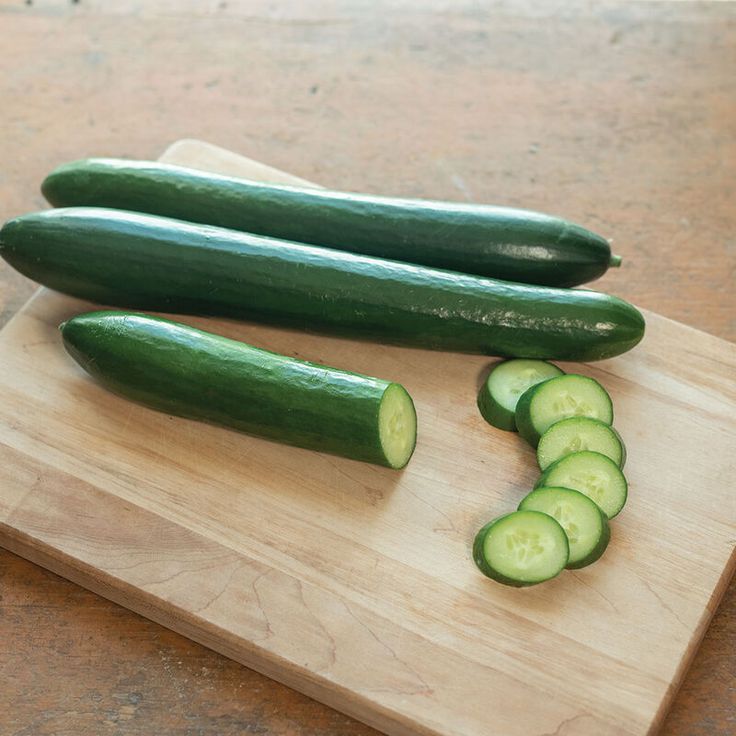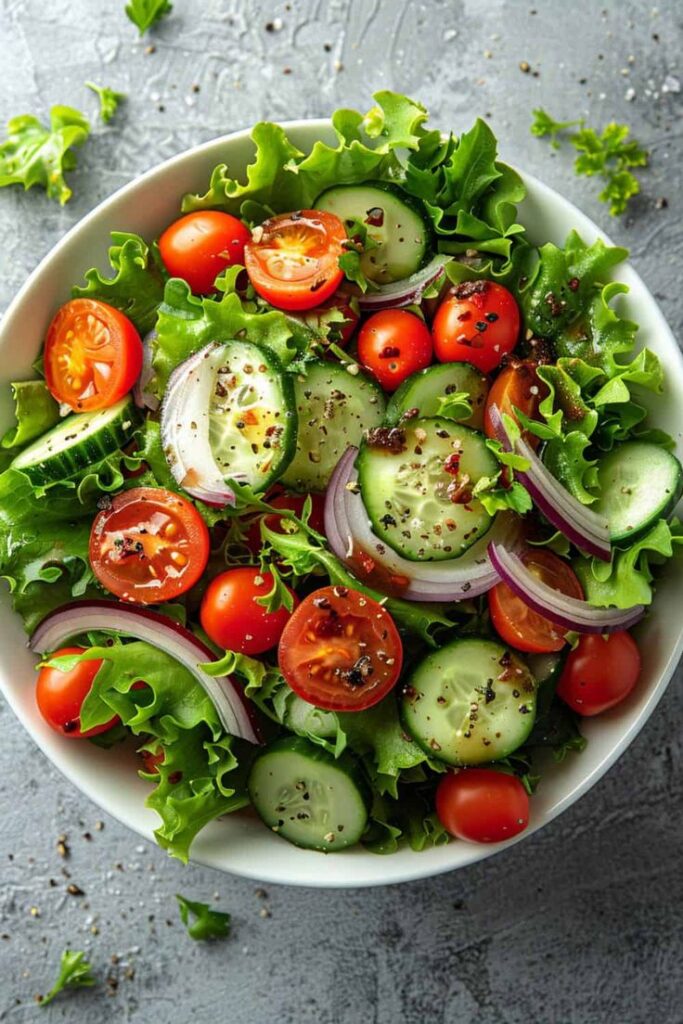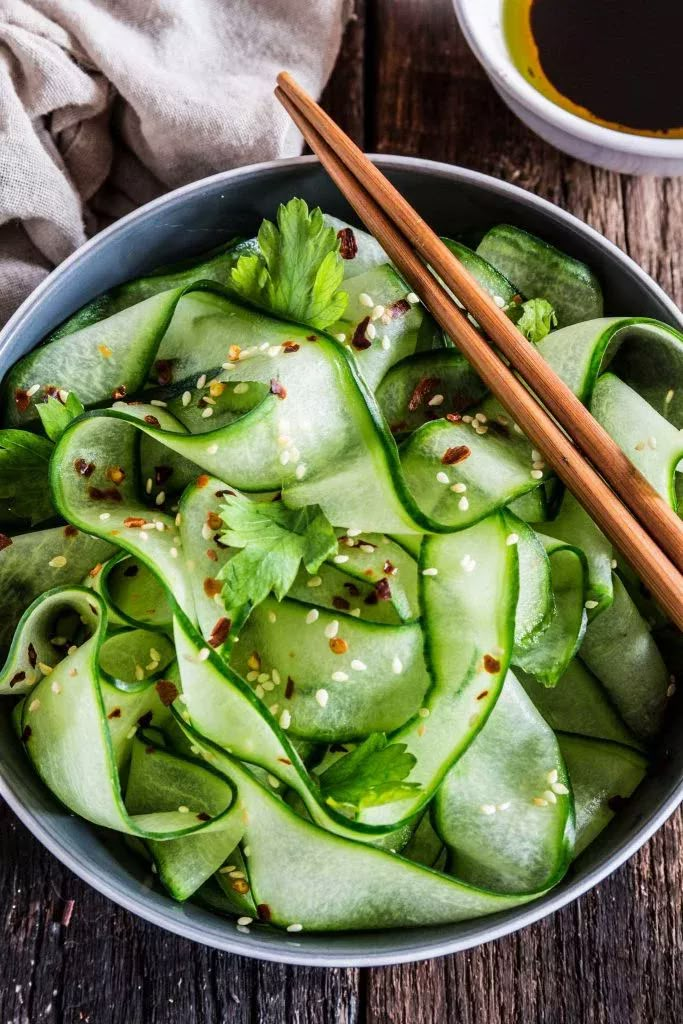Cucumbers are popular long, lean, and green garden vegetables. Technically, they’re fruits from the same family as watermelons and pumpkins, but most people consider them veggies. While most people think of a cucumber as a vegetable, it actually is a fruit. It is very nutritious and has high water content.
As such, it can help relieve dehydration and contains many essential vitamins and minerals. Low in calories, fat, cholesterol, and sodium, cucumbers provide many health benefits. Though commonly thought to be a vegetable, cucumber is a fruit.
It’s high in beneficial nutrients, as well as certain plant compounds and antioxidants that may help treat and even prevent some conditions.
Cucumbers are also low in calories and contain a good amount of water and soluble fiber, making them ideal for promoting hydration and aiding in weight loss.
:max_bytes(150000):strip_icc():format(webp)/GettyImages-1611703399-4e825be4287240038f25353aa67b7401.jpg)
Cucumber Health Benefits
What are the benefits of eating cucumbers? From hydration to reducing risks of certain diseases and skin health, there are many reasons to enjoy cucumbers.
Hydration
At around 96%, cucumber’s water content rivals that of lettuce. It’s an excellent way to stay hydrated. Getting enough water is critical for your health. It helps with the following:
- Regulates body temperature
- Keeps joints lubricated
- Prevents infections
- Delivers nutrients to cells
- Keeps organs functioning properly
- Helps you sleep better
- Improves your memory and mood
In addition to getting enough water to drink, cucumbers can be an excellent way to meet your daily water intake. How much water you need daily depends on how much you exert yourself, sweat, and urinate. About 20% of the water you need comes from your food. Healthy women need about 9 cups, and men need about 13 cups of fluid daily.
Bone Health
Cucumber’s high vitamin K content makes it great for bone health. Studies have found that low vitamin K levels are associated with higher rates of bone fractures.
In one study, women age 38–74 with 109 micrograms of vitamin K1 intake had significantly lower hip fracture rates than those with lower intakes.
Cancer
Cucumbers contain polyphenols (plant compounds that act as antioxidants) called lignans. These plant compounds have many health benefits, including reduced risks of some forms of cancer.
Researchers found that lignan intake among post-menopausal people with breast cancer significantly reduced mortality from the disease. It also reduced the risk of all-cause mortality.
Another study found that higher lignan intake was associated with a reduced risk of estrogen receptor breast cancer in people premenopause (before menopause, when menstrual cycles stop for 12 months in a row) and post menopause (the time after menopause).
While some studies also indicate lignan consumption is associated with a reduced risk of other types of cancer, such as esophageal cancer, gastric cancer (stomach) adenocarcinoma (glands lining organs) and colon cancer (longest part of the large intestine), more human studies are needed to confirm these findings.
Cardiovascular Health
Cucumbers contain flavonoids (plant phytonutrients), which benefit heart health. Specifically, researchers have found that flavonoids reduce the risk of heart disease due to the following properties:
- Antiatherogenic (prevents plaque buildup in arteries)
- Antithrombotic (prevents blood clots)
- Antioxidant (prevents free-radical cell damage)
Diabetes
Studies found that cucumbers have antihyperglycemic, meaning they lower glucose levels in the blood. People with diabetes have trouble with insulin control and blood sugar function. So, controlling blood sugar is essential. Cucumbers may be one addition to a diabetic diet that could help control blood sugar and reduce the risks associated with uncontrolled diabetes.
Inflammation
Cucumbers are well known for their anti-inflammatory effects when applied topically on the skin. Many people use cucumber slices to reduce eye puffiness and to soothe sunburn.
Research confirms their anti-inflammatory activity may be due to inhibiting certain enzymes or interaction with cell signaling.
Skin Care
Studies have found that eating cucumbers reduces skin problems and infections. Cucumbers have a purifying effect on the skin. They calm irritation (including sunburn), cool the skin, and reduce swelling.
Cucumber Nutrition Facts
Even though cucumbers are mostly water, they also have lots of nutrients and are low in calories. One cucumber has the following nutrients in grams (g), milligrams (mg), and micrograms (mcg):
- Calories: 45
- Protein: 2 g
- Carbohydrates: 11 g
- Fiber: 1.5 g
- Sugars: 5 g
- Calcium: 48 mg
- Magnesium: 39 mg
- Phosphorus: 72 mg
- Potassium: 442 mg
- Vitamin C: 8 mg
- Folate: 21 mcg
- Choline: 18 mg
- Vitamin A: 15 mcg
- Beta carotene: 135 mcg
- Vitamin K: 49 mcg
Cucumber Types


There are many varieties of cucumbers. Some are better for eating fresh, while others are intended for pickling. They include:
- Armenian
- Burpless
- English
- Garden
- Gherkins
- Japanese
- Kirby
- Muncher
- National pickling
- Persian
Who Should Avoid Cucumbers?
While cucumbers have many benefits, some people may want to use caution or avoid them altogether.
There are few risks to eating cucumbers. One concern may be the pesticides growers use on them. Before you eat them, peel the skin off or wash it in warm running water. That’ll make sure your cucumber is safe to enjoy.
Cucumbers come with a natural wax on their skin. Washing cucumbers after picking them takes away that wax, so producers add a synthetic wax back on before sending them to grocery stores. The wax helps them stay shelf stable longer, but it also holds onto germs. The wax itself isn’t harmful, but peeling the skin before you eat the cucumber can lower the risk of contamination. However, the skin is where most of the nutrients live. A better option may be to buy organic and wash your cukes well before enjoying.
Digestive Problems
If you have digestive problems, you may want to eat small quantities to see how they affect you. In some people, they can cause gassiness and indigestion. If you have irritable bowel syndrome (IBS) or another gastrointestinal disease, use caution.
Blood-Clotting Disorders
If you have a blood-clotting disorder or take a blood thinner, like Jantoven (warfarin), you should be careful not to overeat cucumber. That’s because foods high in vitamin K can interfere with blood thinners.13 Consuming the same amount of vitamin K daily is important.
Allergies
If you have hay fever (allergic rhinitis), you may be susceptible to oral allergy syndrome when you eat cucumbers. Oral allergy syndrome occurs when you eat fresh fruits or vegetables with proteins similar to pollen. This confuses your immune system and causes an allergic reaction known as cross-reactivity.
How to Prepare and Store Cucumbers


Most people wash, slice, and toss their cucumbers into a salad. Before you do, you may want to soak them in salt water first. That will lower the amount of water in them and keep the cucumbers from making your salad dressing watery.
You can eat the peel of a cucumber. In fact, it will add fiber and vitamin A to your diet. Just be sure to wash the cucumber first.
When you shop for cucumbers, skip ones that are yellow, puffy, or have sunk-in areas, bulges, or wrinkled ends. Those overripe cucumbers won’t taste great. Instead, look for bright, firm, medium to dark-green, slender cucumbers. Any bruises or dark spots are signs of decay.
Store cucumbers unpeeled in your refrigerator’s crisper drawer. If they have a wax coating that gives them a shiny look, use them within a week. If they don’t have a wax coating, use them sooner. Don’t keep them out at room temperature long, or they will become soft and limp.
Summary
Cucumbers are a healthy addition to most people’s diets. Cucumbers have many benefits, including helping you stay hydrated, calming and cooling the skin, and even reducing some health risks and diseases, such as cancer, inflammation, and more.
If you have some health conditions, like allergies, digestive problems, or blood clotting issues, you should use caution and eat small amounts to see how your body responds.